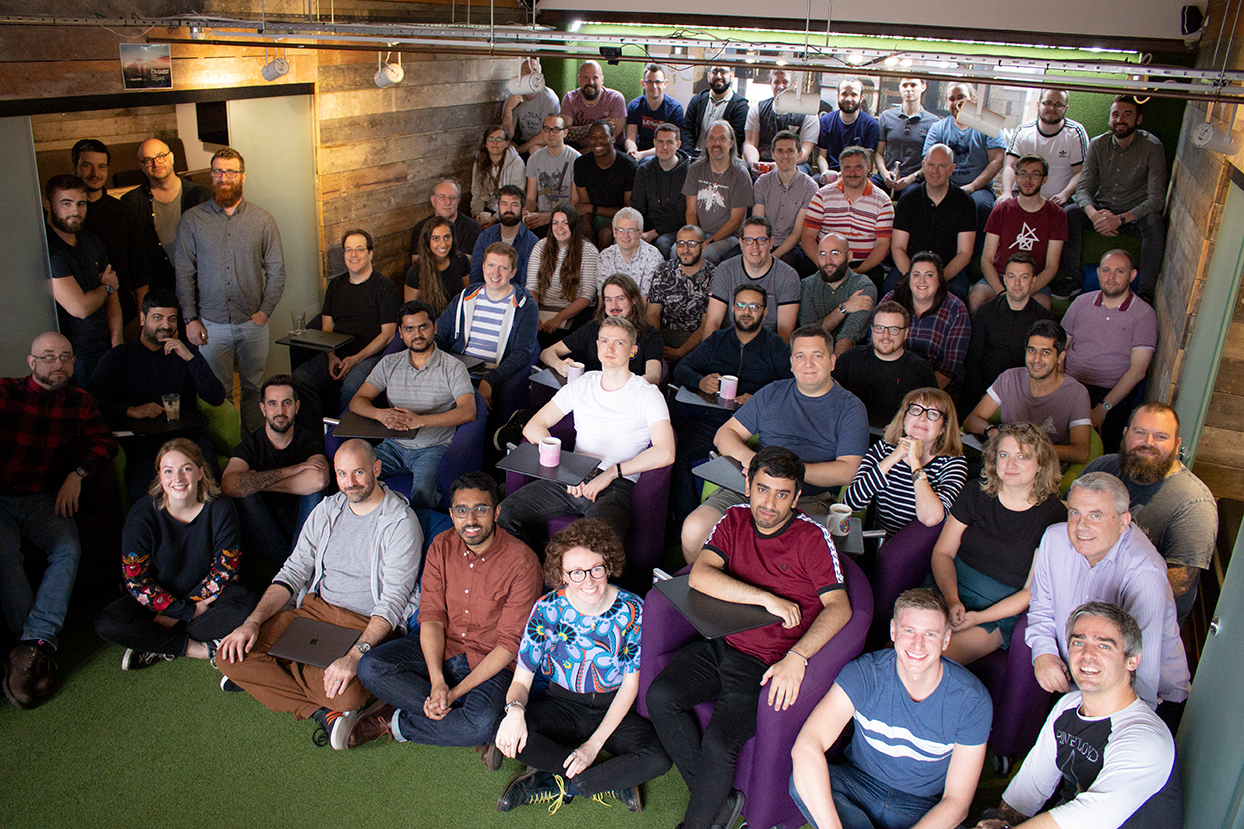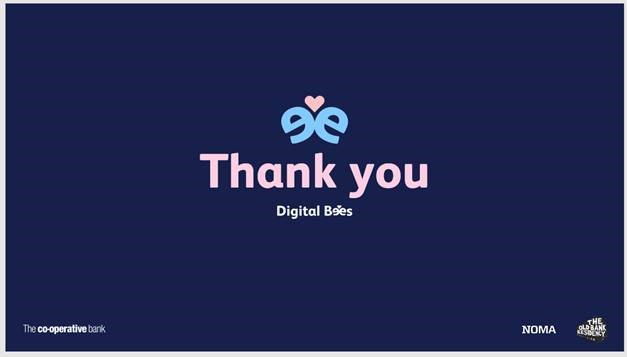
New research from service design experts Code Computerlove reveals that 38% of respondents admit they don’t know what service design means or its impact on the effectiveness of business change initiatives. The survey of 1,002 business leaders was commissioned to understand the current level of knowledge amongst those responsible for digital transformation and organisational change. Findings highlight a stark lack of understanding about what service design is, and a serious level of underfunding, with the majority of businesses admitting to committing less than £100,000 for service design focused projects.
Asked why this was, 27% cited resistance to change. “Stakeholders expect to see an immediate impact of change however, due to the complexity and nature of change, impact can take much longer to realise. This can have an adverse effect on securing advocacy and support for service design, which is the process of putting users at the heart of what we do, using design thinking principles to solve wider business and organisational problems.” said Colin Preston, Code Computerlove Product and Service Design Director.
Typically, budgets below £100k focus more on discovering problems than implementing the necessary changes. This is the wider problem of service design; a roadmap for the future with no guidance on how to implement will almost never deliver organisational change, a theory supported by Tina Weisser, who found that only 4% of service design methods focus on implementing change.
“This research highlights a substantial disconnect between what people understand and know about service design and what it actually is and does. As an industry, we need to address this gap if businesses are to harness the power of service design as part of wider organisational and long-term business change, and then be able to measure its impact and success.
Other survey highlights include almost 40% of respondents admitting they didn’t know what impact service design projects have, and 15% stating they do not measure its impact at all. For those that do, customer satisfaction ranks the most important measure of success at 40%, followed by team efficiency (34%) and team effectiveness (30%).
More detailed analysis on the survey findings can be found on the Code website: https://www.codecomputerlove.com/navigating-success-in-service-design









